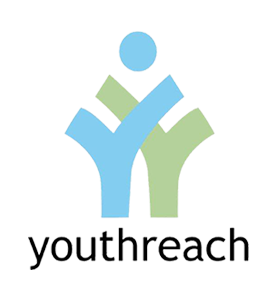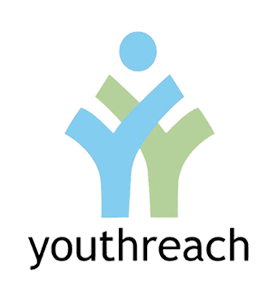 Initiated by Wrigley and implemented by Youthreach, the Youth.Empowerment.Success. (Y.E.S.) programme aims at providing employability training to youth in the age group of 16-24 in the spaces of English proficiency, life skills and an additional oral health component in phase two of implementation. These boys and girls are on the threshold of entering the employment arena which mandates acquiring job-oriented skills. The objective of the programme has been to ensure at least 60 per cent of the participants are placed or set up their own enterprise.
Initiated by Wrigley and implemented by Youthreach, the Youth.Empowerment.Success. (Y.E.S.) programme aims at providing employability training to youth in the age group of 16-24 in the spaces of English proficiency, life skills and an additional oral health component in phase two of implementation. These boys and girls are on the threshold of entering the employment arena which mandates acquiring job-oriented skills. The objective of the programme has been to ensure at least 60 per cent of the participants are placed or set up their own enterprise.
In Phase I between January 2008 and June 2011, the programme benefitted over 6000 youths in Delhi, Bangalore, Chandigarh, Mumbai, Udaipur, and Hyderabad. In fact, Youthreach overshot the target of 6350 students to reach out to 6407 young people in this phase.
Phase II which kicked off in July 2011 and will continue till December 2012. It targets out-of-school youth of 14-25 years enrolled for a vocational course with Youthreach.
Youthreach is partnering with seven local NGOs in Delhi, Chandigarh and Mumbai to impart:
- Workplace English lessons
- Life skills; and
- Piloting a new oral health education component, integrating dental health lessons into the existing life skills training manual
WORKPLACE ENGLISH PROGRAMME
The programme has been demonstrated to work well for learners with rudimentary knowledge of English as well as for those who have the basic abilities but need to “polish” their communication skills. The modular approach of the programme makes it possible to adapt it to specific learner profiles and requirements, and also to fit specific organisational or institutional schedules.
The programme has facilitated:
- Improvement in spoken and written English
- Increase in confidence
- Improvement in employability prospects
The curriculum is structured around functional situations drawn from everyday lives of the learners rather than any conceptual topics, such as Tenses and Voice. However, these and many more concepts are covered in lesson plans, making sure that as the learners progress, they get a chance to not only use and improve their English communication skills, but also continuously strengthen their language fundamentals.
 LIFE SKILLS
LIFE SKILLS
Life skills, or soft skills as they usually called, are psycho-social and inter-personal skills which help people to make informed choices, communicate effectively and develop coping and self-management skills for a healthy and productive life.
Having identified Life Skills as a significant hurdle preventing qualified youth from being gainfully employed, Youthreach developed a Life Skills Programme tweaked specifically for the disadvantaged Indian youth. We sought help from experts in the US who brought in the latest expertise and research conducted in the area of life skills the world over. The curriculum was vetted by an advisory board of experts in India working with disadvantaged youth and educationists who lent to it a unique local character and appeal.
The curriculum looks at developing personal competencies, such as confidence building, effective work habits, healthy lifestyles, and service learning. The methodology is innovative and interactive. Most importantly, it has boosted the confidence of our young people in the areas of job interviews, setting career goals, workplace protocol and effective team-work.
 ORAL HEALTH EDUCATION
ORAL HEALTH EDUCATION
The oral health component introduced in the second phase of YES project has been a huge success among the beneficiaries which include their families as well. The youth have been educated on issues related to dental health. They have been also given kits, including toothpaste and toothbrush, so that they can implement their knowledge in the community through service learning projects. Along with attending dental camps, they have been able to undergo treatment which most times is neglected due to the expenses involved in dental treatments. Under the current phase of the programme, 1500 youth are undergoing the training.



